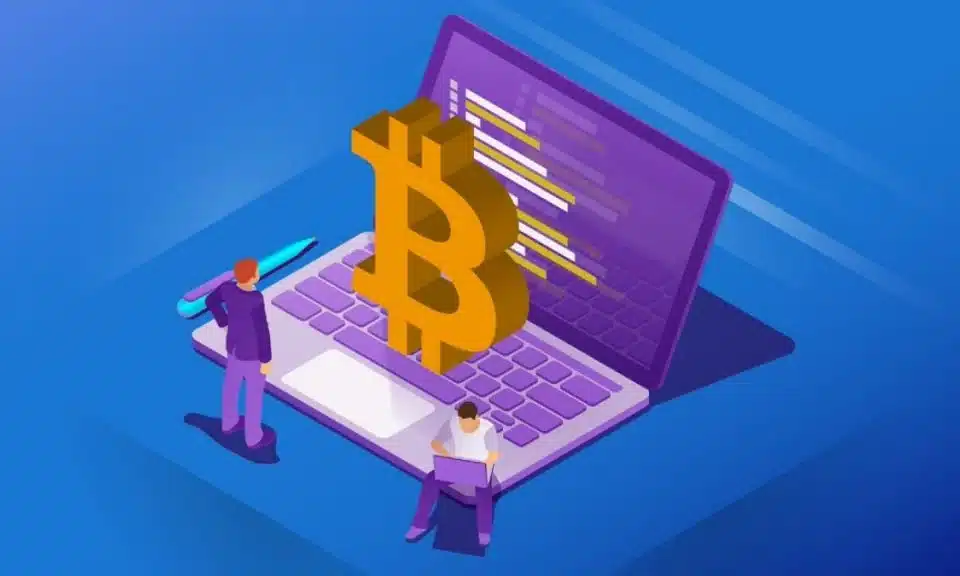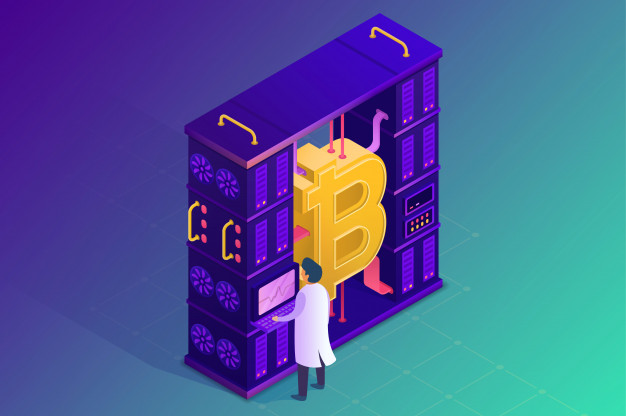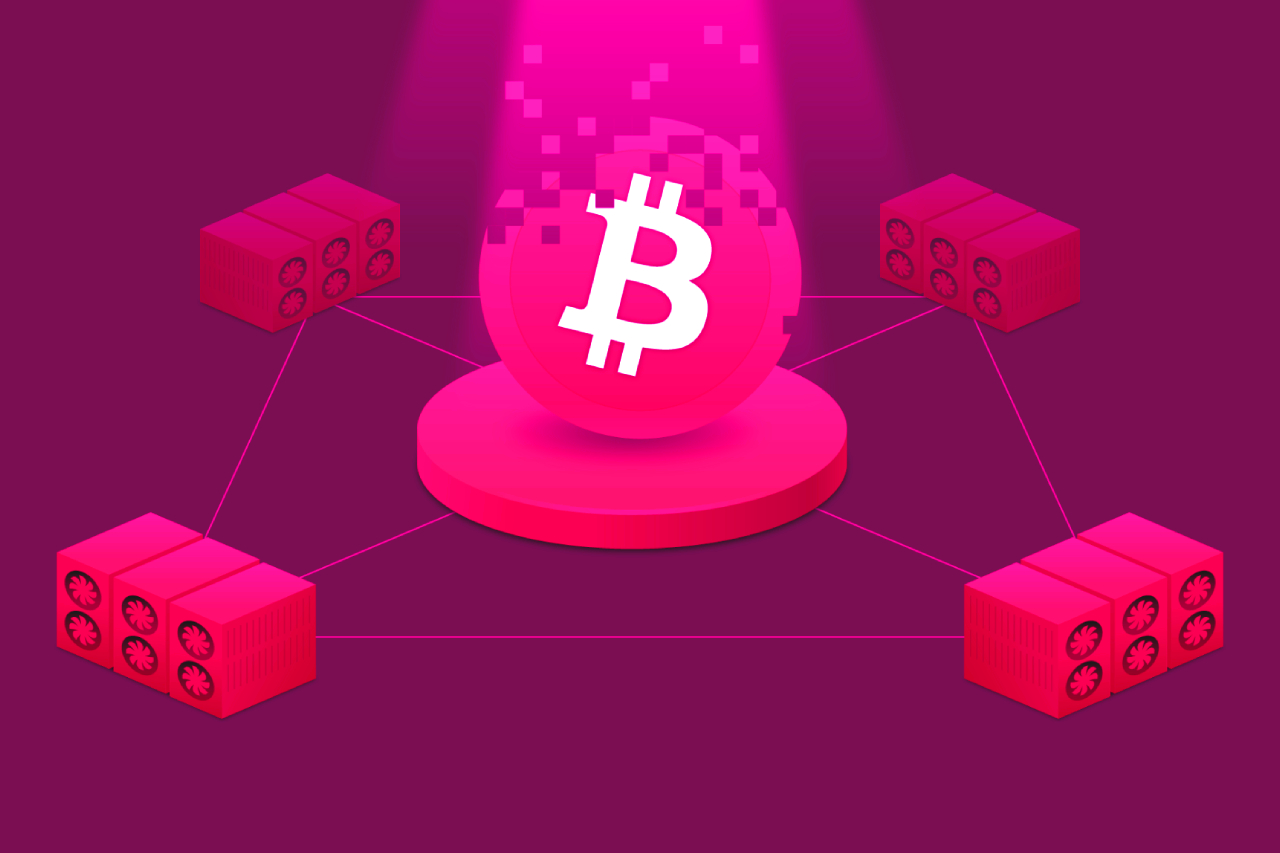As US towns grapple with rising utility costs, residents are taking a hard look at the impact of Bitcoin mining. This energy-intensive process not only drives up electricity bills but also raises environmental and health concerns. As a result, communities are mobilizing to address these issues and plan for a sustainable future. The pushback against mining highlights the broader challenges and trade-offs of adopting new technologies in local settings.
Rising Utility Costs for Residents

As Bitcoin mining operations expand in small towns, residents face skyrocketing utility bills. The energy-intensive process of mining requires substantial electricity, leading to higher demand and increased costs. Consequently, locals experience a noticeable surge in their monthly utility expenses.
Several factors contribute to rising costs:
- Increased Energy Demand: Mining rigs operate 24/7, consuming immense amounts of electricity.
- Limited Infrastructure: Small towns often lack the robust energy infrastructure to support large-scale mining operations, causing strain on the existing grid.
- Peak Usage Charges: Utilities may implement peak usage charges due to the elevated demand from mining activities, further escalating residents’ bills.
In addition to direct costs, the ripple effects extend throughout the community. For example, higher operating costs for essential services — such as schools and hospitals — translate into budget cuts or increased fees. This economic strain forces townspeople to reassess the benefits of hosting mining facilities, weighing financial gains against the personal and communal financial burdens.
Certainly, the growing dissatisfaction highlights a need for balanced solutions to manage mining’s impact on local utility costs.
Environmental Concerns and Health Impacts

As Bitcoin mining operations grow, environmental and health repercussions become increasingly apparent. Mining requires substantial energy consumption, which can lead to several environmental issues.
Key Environmental Concerns:
- Increased Carbon Footprint: Mining operations often rely on fossil fuels, leading to higher carbon emissions.
- Water Usage: Cooling systems in mining facilities demand significant water resources, impacting local supplies.
Health Impacts on Communities:
- Air Quality: Emissions from fossil fuel-powered plants contribute to air pollution, which can exacerbate respiratory conditions.
- Noise Pollution: Constant noise from mining machinery can affect residents’ sleep and overall well-being.
Potential consequences for public health and the environment have sparked debates in many US towns. Communities are now weighing the economic benefits of mining against the pressing need to safeguard their environment and health.
In responding to these challenges, towns must assess whether the short-term gains from mining outweigh the potential long-term health and environmental costs. This balance will be crucial for shaping sustainable futures.
Community Response and Future Plans

The response from the community regarding the potential hike in bills due to increased mining activities has been notably proactive. Town meetings have turned into bustling forums where residents voice their concerns and brainstorm solutions. Here are some key steps the community is taking:
- Forming Committees: Residents have organized into committees to conduct thorough research on mining’s impact, scrutinizing both economic benefits and drawbacks.
- Petitions and Protests: Initiating petitions and organizing peaceful protests to demand a reconsideration of mining operations have gained traction.
- Collaborating with Experts: Bringing in environmental and energy experts to provide insight into sustainable mining practices that will not drastically elevate utility costs.
Future Plans
The community has not only reacted to the immediate concerns but is also proactive about future plans.
- Regulatory Proposals: Proposing new local regulations to limit the environmental footprint and energy consumption of mining operations.
- Exploring Alternatives: Residents and local officials are exploring alternative industries that can boost the local economy without straining resources.
- Educating the Public: Initiatives aimed at educating the public about the long-term impacts of mining and energy conservation practices are underway.
This multi-faceted approach showcases the community’s drive to ensure that any industrial activities, including mining, operate in harmony with the town’s well-being and sustainability goals.
Frequently Asked Questions
Why are US townspeople retreating from Bitcoin mining?
Townspeople in various US communities are stepping back from Bitcoin mining primarily due to the anticipated increase in electricity bills. Bitcoin mining is an energy-intensive process that requires substantial electrical power to solve complex mathematical problems. This spike in energy usage translates to higher utility costs for the entire community.
How does Bitcoin mining affect electricity bills in local communities?
Bitcoin mining significantly escalates electricity consumption, as mining rigs operate continuously to validate transactions and secure the Bitcoin network. This continuous draw on power grids increases demand, thereby raising electricity rates for all consumers in the affected areas. The elevated utility costs are often passed down to residents, leading to more expensive monthly bills.
What are the environmental impacts of Bitcoin mining?
Bitcoin mining has notable environmental repercussions due to its high energy requirements, which often rely on fossil fuels. This increased energy consumption leads to higher carbon emissions and contributes to the overuse of local resources. Communities are concerned about the long-term environmental sustainability and carbon footprint associated with large-scale mining operations.
Are there any benefits to Bitcoin mining for local towns?
While Bitcoin mining can introduce certain economic benefits, such as job creation and local investment, these are often outweighed by the negative impacts, including higher electricity costs and environmental concerns. Some towns may experience short-term gains, but the ongoing operational costs and resource strain can present formidable challenges.







